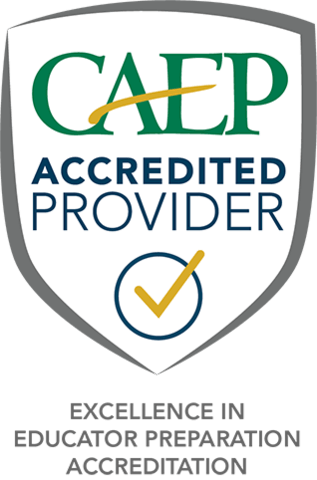Department of Curriculum & Instruction
The Department of Curriculum and Instruction (C&I) prepares candidates to become teachers in elementary (K-6), secondary (7-12), and special education (K-12). The department offers a B.S. degree in elementary education and a B.S. minor in secondary education for selected undergraduate majors that leads to teacher certification. Additionally, faculty in the Department of Curriculum and Instruction support other programs throughout the University.
Mission
The Department of Curriculum and Instruction prepares teachers and other professionals for leadership roles in a variety of national and global educational settings. The Department specifically champions the needs of black and other underrepresented students in urban communities. Asset-focused teaching methodologies and interdisciplinary coursework prepare candidates to (a) think and reflect critically; (b) analyze and solve problems; (c) make ethical decisions; (d) translate theory and research into effective practice; and (e) understand self, history, and community. The ultimate aims of the Department Programs are to develop graduates who will facilitate optimal teaching and learning for all students and to influence educational policies, practices, and outcomes.
Conceptual Framework
The conceptual framework for the teacher education programs emphasizes 7 major outcomes that aspire to develop reflective practitioners who are change agents, competent researchers, and educational leaders. The table below shows how candidates completing our CAEP accredited programs pass required tests for certification at an overall rate of 86% across the past 10 years.
| Program Completers | Number taking one or more required tests | Number passing all tests | Pass Rate (%) | Statewide average pass rate (%) |
|---|---|---|---|---|
| 2023-2024 | 25 | 22 | 88% | 77% |
| 2022-2023 | 23 | 20 | 87% | 70% |
| 2021-2022 | 13 | 13 | 100% | 82% |
| 2020-2021 | 12 | 11 | 92% | 84% |
| 2019-2020 | 17 | 11 | 65% | 86% |
| 2018-2019 | 7 | 7 | 100% | 81% |
| 2017-2018 | 23 | 16 | 70% | 77% |
| 2016-2017 | 13 | 11 | 85% | 81% |
| 2015-2016 | 29 | 27 | 93% | 85% |
| 2014-2015 | 34 | 31 | 91% | 89% |
| Overall | 196 | 169 | 86% | 81% |
To realize the mission, successful candidates in the Department of Curriculum and Instruction are required to achieve several outcomes. These outcomes are categorized into five major categories:
- Pedagogy,
- Diversity and African American Cultural Competence,
- Human Development,
- Content Expertise, and
- Professional Dispositions.
Pedagogy
Outcomes:
P.1 Classroom Management
Demonstrate effective classroom management practices to support optimal student learning.
P.2 Instructional Technology
Demonstrate effective instructional technology use to support optimal student learning.
Diversity and African American Cultural Competence
Outcomes:
D.1 Differentiated Instruction
Demonstrate the ability to address the needs of diverse learners by implementing evidence-based, differentiated instruction.
D.2 Culturally Affirming Orientations
Demonstrate culturally affirming orientations, expectations, and practices that support urban learners.
D.3 Talent Development Model
Demonstrate the ability to identify student, family, and community strengths and employ asset-focused approaches to instruction.
Human Development
Outcomes:
HD.1 Human Development
Demonstrate the role of human development in determining and meeting the needs of all students.
Content Expertise
Outcomes
C.1 Subject Matter Expertise
Demonstrate standards-based, subject matter expertise.
Professional Dispositions
Outcomes
PD.1 Dispositions
Demonstrate dispositions that promote the highest standards of teaching and challenge inaccurate assumptions about teachers, teaching, and the organizational contexts of education.
PD.2 Professional Identity
Demonstrate evidence of a professional identity that challenges the status quo and reflects a sense of advocacy with regard to the education of African American students.

